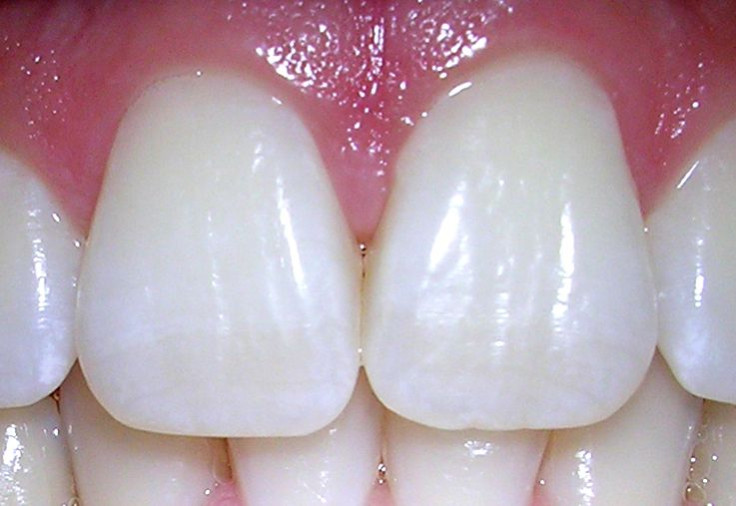Taking Hold: Lab Grown Teeth Implanted Successfully

Tooth loss is a common occurrence later on in life either due to cavities, accidents or just age. When teeth are lost, dentists usually implant a titanium screw into the jaw and build up a false tooth with a crown. The procedure costs thousands of dollars and is invasive, drilling into the underlying jaw bones.
New experiments from a group out of King's College London decided to attempt making new teeth from readily available cells and implant them into a mouse to determine if a genuine tooth would grow. They succeeded.
Other previous work has attempted to make teeth from stem cells, but this has issues because there are restrictions of federal funding, opposition to using stem cells and the fact that stem cells are finicky by nature in changing into different cell types.
Researchers took human epithelial cells harvested from gums and grew them in the lab with mesenchyme cells from mice. Mesenchymal cells are undifferentiated connective tissue cells that come primarily from the mesoderm.
The mesenchymal cells induced the epithelial gum cells to start growing into cells that would slowly become a tooth. Researchers then transplanted the cultured cells into live mice and a hybrid human/mouse tooth grew, with visible roots, in the mouse.
The issues that need to be overcome in such a procedure being translated to the clinic for use on people are the price, speed and availability of the precursor cells.
The lead researcher in the study, Professor Paul Sharpe, said that mesenchyme cells are found in the pulp of wisdom teeth, in their core. Possibly using this source of cells would give clinicians enough cells to bring this procedure forward.
Dr. Sharpie stated in the research article "This advance here is we have identified a cell population you could envisage using in the clinic. We are now working to try and identify a simple way of getting mesenchyme."
He continued: "The next major challenge is to identify a way to culture adult human mesenchymal cells to be tooth-inducing, as at the moment we can only make embryonic mesenchymal cells do this."
Professor Sharpe concluded that one day engineered teeth would replace current dental implants, which do not have a naturally anchored root structure and are instead anchored into bone by a screw.
The research published in the Journal of Dental Research can be found here.



























